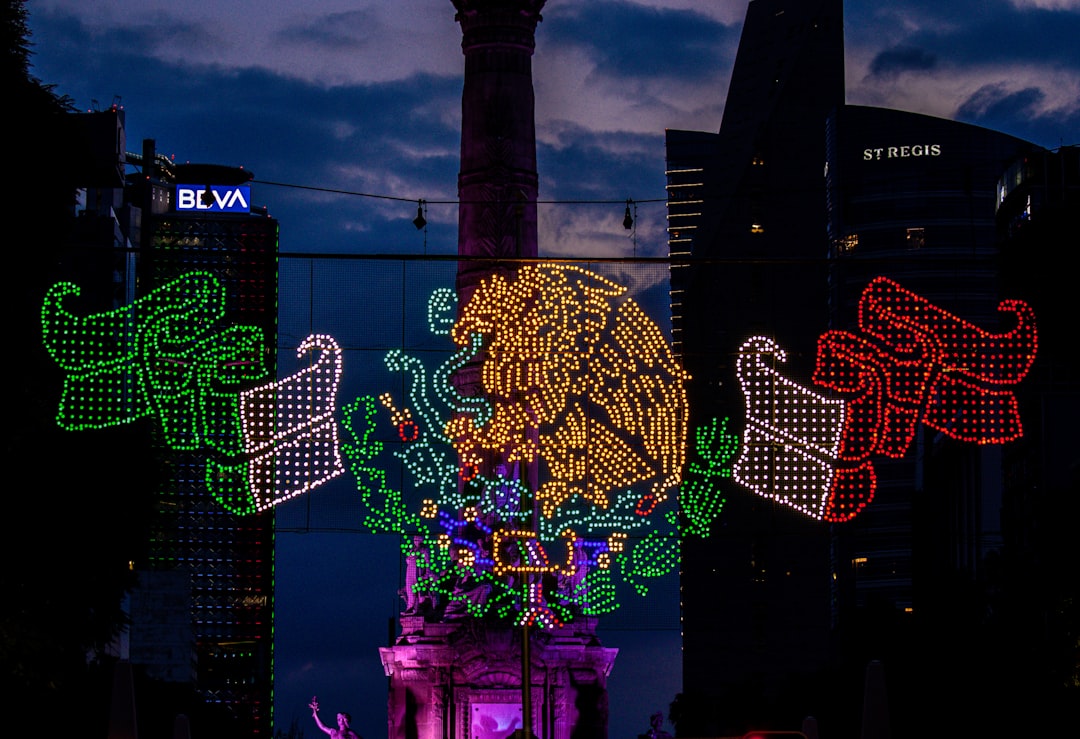
As the countdown to the World Cup 2026 begins, football fans around the globe are not just excited about the thrilling matches and their favorite players, but also about something far more impactful: FIFA’s ambitious sustainability efforts. The world’s biggest football tournament will not only showcase the sporting talents of top teams but also serve as a significant platform for environmental and social responsibility. Let’s dive into how FIFA plans to make the upcoming World Cup a landmark event for sustainability and what it means for the future of our beloved sport.
Why Sustainability Matters in Football
Football, often dubbed as the world’s game, has an enormous global reach, influencing millions of fans. However, mega-events like the World Cup have historically been criticized for their environmental footprints—think of the energy-intensive stadiums, international travel, and waste generated by millions of attendees. Recognizing this, FIFA has made substantial commitments to ensure that football acts as a catalyst for positive change, aiming to reduce its environmental impact and inspire fans worldwide.
Renewable Energy and Eco-Friendly Stadiums
One of the cornerstones of FIFA’s sustainability strategy for World Cup 2026 is its commitment to renewable energy. All host cities in the United States, Canada, and Mexico have pledged to use 100% renewable energy for stadium operations. This ambitious move is designed to significantly cut down the carbon footprint associated with the event. State-of-the-art eco-friendly designs will be employed, from solar panels to power stadium facilities to advanced waste and water management systems, ensuring that each match leaves as little environmental footprint as possible.
Reducing Carbon Emissions
Travel, especially international flights for teams and fans, constitutes a large portion of the carbon emissions linked to the World Cup. In response, FIFA is collaborating with airlines and transportation companies to offset these emissions, promoting more sustainable travel options. There are also plans to enhance local transportation networks to encourage the use of public transit and decrease reliance on private vehicles. These efforts aim to provide a more eco-conscious experience for both players and fans alike.
Promoting Inclusivity and Social Impact
FIFA’s vision extends beyond green initiatives. The World Cup 2026 will focus greatly on inclusivity and social impact, ensuring that the tournament benefits everyone. Programs will be implemented to engage local communities, creating jobs and supporting local businesses. There is also a strong push towards promoting diversity and equality within the sport, making sure that football truly is a game for everyone. This approach not only enhances community spirit but also leaves a lasting legacy in host cities.
Technology Driving Sustainability
Innovative technology is playing a pivotal role in achieving FIFA’s sustainability goals. Smart stadiums will monitor energy usage and waste production, deploying AI to optimize resource management. Furthermore, digital ticketing and cashless transactions will minimize paper use and streamline fan experiences. These technological advancements are set to redefine how mega-events like the World Cup are managed, paving the way for even more sustainable tournaments in the future.
The Fans’ Role in Sustainability
Not to be overlooked, the role of football fans in these sustainability efforts is crucial. FIFA is launching awareness campaigns to educate and encourage fans to participate actively in green initiatives, like recycling and reducing waste, making environmentally conscious choices during every match. This collective effort is not just about supporting teams, but about nurturing our planet for future generations.
The World Cup 2026 promises to be more than just a football spectacle; it’s a chance for all of us to reflect on the impact of our beloved sport and contribute to a greener planet. How do you think these efforts will shape the future of international football competitions? Will this be a game-changer for sustainability in sports?
Stay tuned with us at CupVibes.com for all the latest updates on the World Cup 2026 and join the movement towards a sustainable future!


